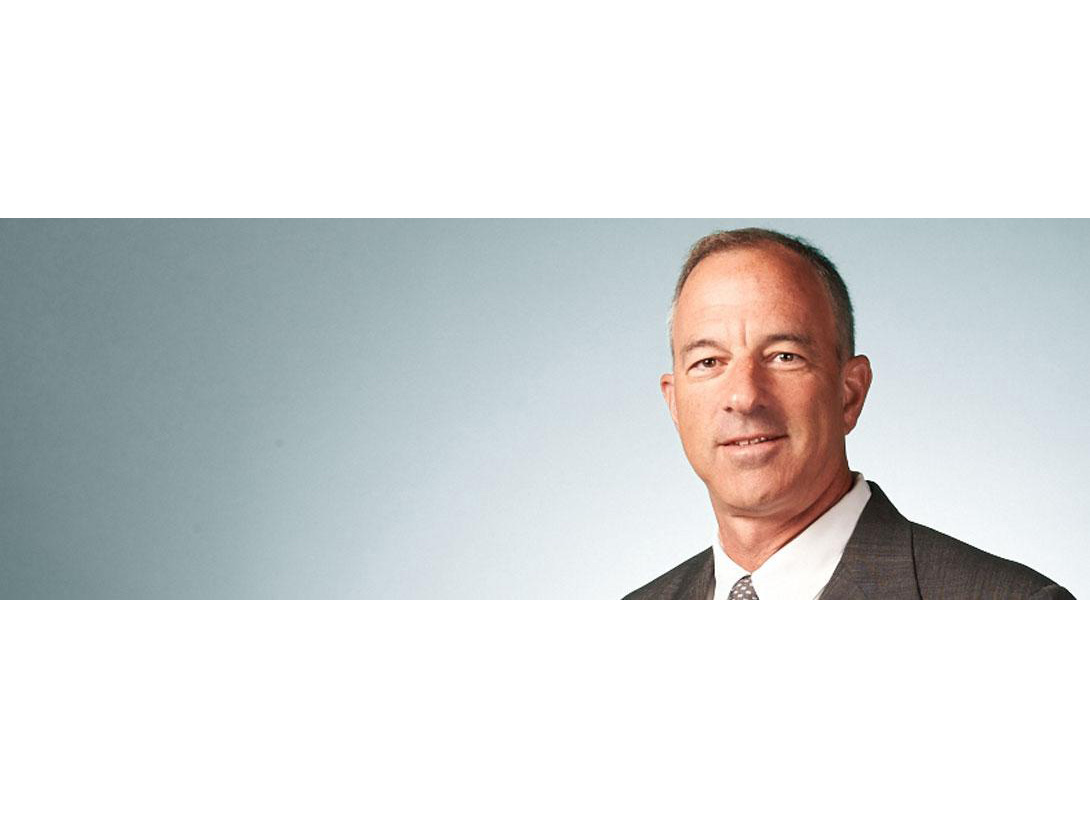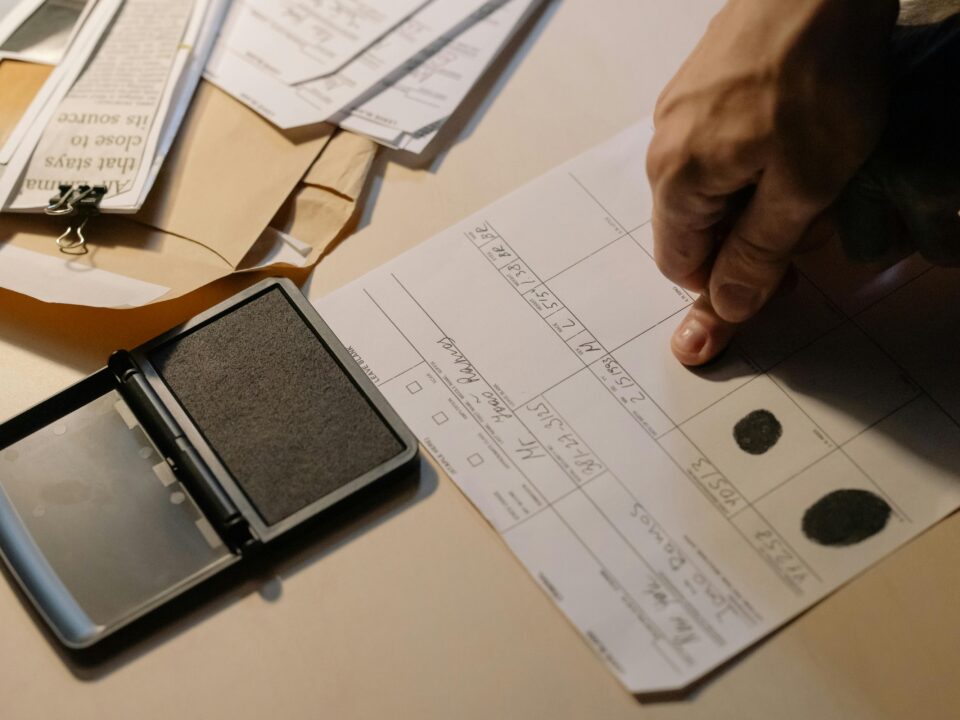
Nope, Sorry—Having a Will Does Not Avoid Probate

New Hampshire Issues of Fault in Divorce
As lawyers, we are trained to be zealous advocates, which too often translates into a competition of whose plumage is the brightest and attracts the most attention. But, as the old adage goes, God gave us two ears and one mouth for a reason. To be an effective mouthpiece, you also need to be a good listener.
Listening, however, is more than just hearing. It is an intentional and active exercise to better understand and connect to what is being said. In this age of communication, we risk losing meaningful connections under the monumental weight of noise streaming across a circus of devices.
To combat this modern phenomenon, and better understand where we as lawyers can most effectively add value to the social fabric of our communities, Chief Justice Paul Reiber and I embarked on a Listening Tour. Over the last year, he and I, along with the VBA’s executive director Teri Cor-sones, traveled to each county in the State to personally meet with the local bar, local legislators, interested stakeholders in the legal system such as those involved with restorative justice, and occasionally members of the public. Also present were the local presiding judge and county bar president. We had no agenda other than to listen and actively demonstrate our interest in each community we visited.
While it turns out that not everyone is clamoring for the opportunity to meet with us, the meetings proved to be an effective forum for sharing experiences and ideas. To make folks comfortable, we deliberately avoided courthouses and instead met in community venues. Highlights included kicking off the Tour in the Town Hall Theater in Middlebury, gathering in the historic Old Labor Hall in Barre, pulling our chairs into an intimate circle in the Lunenburg Town Hall in the dark dead of winter, feeling the grandeur of the St. Jay Athenaeum – a gathering place for those seeking wisdom, and visiting various museums, libraries, and town halls. Crisscrossing the State offered a time to reflect on how the Bar is more than just a trade association. It is a community of respected, energized and selfless citizens – more role models than loudmouths.
At each stop, we passed out a list of pro bono and low bono programs as well as the ubiquitous green cards for the Vermont Lawyer Referral Service and other legal services that are found in every court house. In line with our access to justice mission, we want to be sure that these services are sufficiently promoted and well known throughout the State. After brief introductions, we opened the floor inviting those in attendance to share their concerns, questions and observations. While often a small gathering, participants were involved and seemed to genuinely appreciate the effort to visit with them. Discussions were typically robust, frank and respectful.
The more common topics raised and discussed included: the juvenile docket, restorative justice, the aging of the bar, drug treatment courts, the impact of the opioid crises, the shortage of lawyers (particularly in more rural areas), challenges to judicial resources and court management, land-lord/tenant concerns, and expungements.
So what did we learn? Do more listening! It is often that gift of being heard that resonates the deepest.
While concrete action items are not easy to come by, it became clear how important it is to provide a platform for interactions between not only the bench and the bar, but between lawyers and legislators, various service providers, and members of the general public. Indeed, public outreach has been an important initiative of the VBA. The legal profession is faced with complex issues such as the disconnect between lawyers and self-represented litigants, social issues being presented in a legal system not designed to resolve them, the decline of rural services, the siloing of practice areas, and the need to attract talented young lawyers.
By providing an effective platform of engagement, lawyers have the opportunity to work beyond the confines of their practice and to participate in meaningful activities that highlight our profession, and the VBA fulfills its core function to promote legal services and the rule of law.




